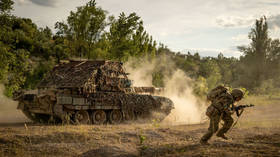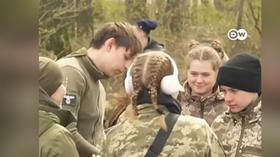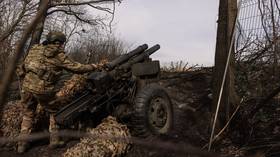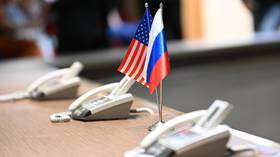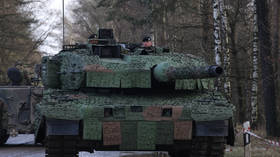Observers in S. Ossetia not effective – Russia
Moscow has criticized the international observers monitoring the ceasefire lines in Abkhazia and South Ossetia. The Foreign Ministry says the observers’ work is not effective enough.
Moscow is also concerned about Georgia’s increasing military presence on the borders of South Ossetia and Abkhazia.
The statement comes from Deputy Foreign Minister and State Secretary Grigory Karasin, after the meeting with Council of Europe’s Commissioner for Human Rights Thomas Hammarberg. However, Karasin welcomed Hammarberg's efforts in searching for those missing in the conflict and returning those detained as positive. The commissioner was on a visit to the Caucasus on February 7-12.
Meanwhile, Hammarberg says stable peace in the newly independent state of South Ossetia in the Caucasus is a long way off, says the Commissioner for Human Rights of Parliamentary Assembly of the Council of Europe.
“During my first visit to South Ossetia last August I formulated six humanitarian principles for human rights and humanitarian concerns. And on all of them there are still some problems,” he said.
“They are related to displaced people and refugees. They are related to the need for law and order as well as looting, which should be stopped. There is also a need for removing mines, bombs and unexploded ordinances for people to feel safe.”
Hammarberg said he has been much involved in exchanging detained people from both sides and also clarifying the fate of those who were missing. Some of them are dead, but that’s important for their families to have a confirmation of what happened, according to the Commissioner.
“And finally there’s an ongoing discussion about the need for an international and European presence for humanitarian reasons in all these areas affected by the conflict. I think those six principles I formulated really are at the core of the conflict,” Hammarberg concluded.
In August 2008, Georgia attacked South Ossetia in an attempt to return the breakaway region to its control. Russian troops repelled the Georgian offensive after five days.
A peace deal was enforced and South Ossetia was recognized as an independent state by Moscow.





